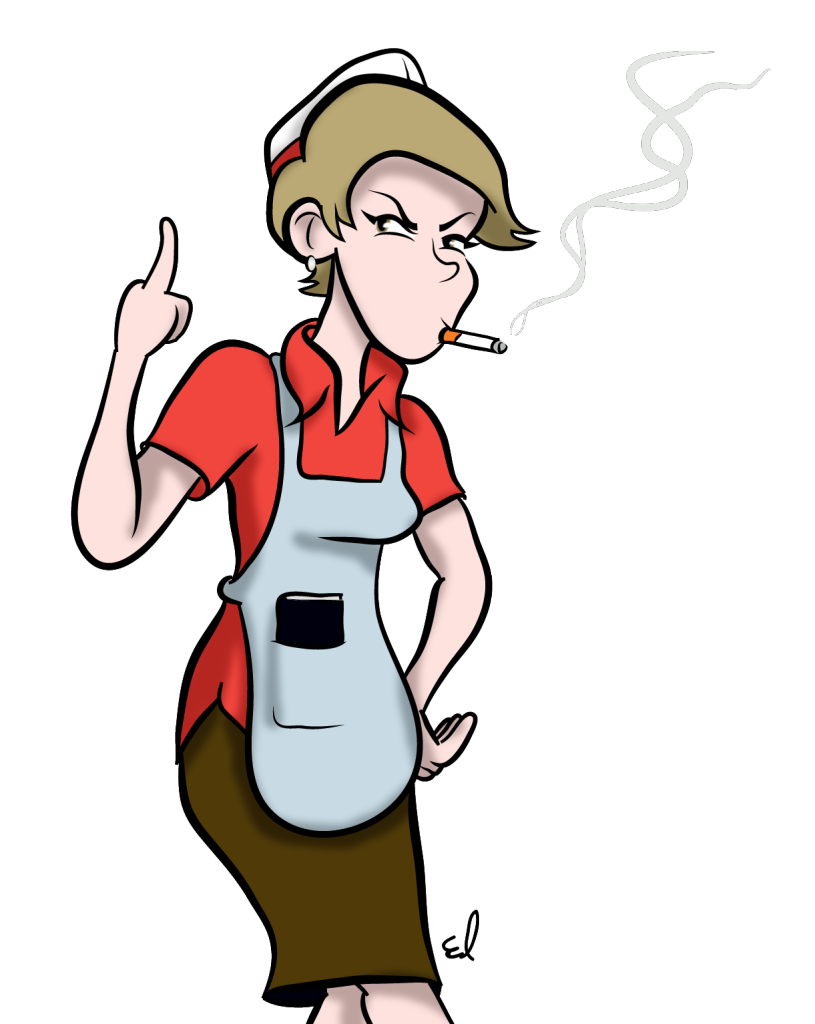
Why the Gerald Stanley acquittal carries such weight
By Jillian McMullen, Staff Writer
I believe the recent acquittal of Gerald Stanley, who was accused of second-degree murder in the 2016 shooting death of Colten Boushie, a 22-year-old Indigenous man from Saskatchewan, is bullshit.
About a year and a half ago, I took an English literature course on contemporary Canadian literature. The course was framed through a question decided by the students, one that would inform how we read each novel. The question we chose was, “What novel was most enlightening about the Canadian experience for students?” After thirteen weeks and six novels, the class voted what book was revealed to be the “winner:” Indian Horse by Richard Wagamese, a story that follows the protagonist’s childhood spent in a residential school, and then as he works through the trauma he experienced there.
As a proud Indigenous woman, I was furious. How is it that that history was in any way “enlightening” for students? Hadn’t we all been taught what happened to the Indigenous communities in this country? Weren’t they paying attention to the discussions those communities were constantly trying to have?
This is the problem with the Indigenous experience in this country—no one is really paying attention. The government constantly tries to sell this reconciliatory goal they have as some poetic rejoining of the Canadian population, where Indigenous and non-Indigenous communities come together to learn from the past and from each other—all precipitated by their public apology for wrongdoing. They don’t speak, however, about what is being reconciled, or by whom. I think that this is because the reconciliation isn’t being done by the government; it is being done by the Indigenous communities themselves. Canadian reconciliation doesn’t ask two previously-opposed groups to reconcile with one another, it demands that Indigenous communities reconcile themselves with their past and their continued subjugation within Canadian society.
That is what makes this verdict upsetting—it perfectly illustrates the status of Indigenous people in this country. Indigenous men are overrepresented in the judicial system, with higher incarceration rates than any other group. According to a Macleans report, in Saskatchewan—Boushie’s home province—you are 33 per cent more likely to be incarcerated if you are indigenous than if you are white. On the federal level, Indigenous citizens make up 22.8 per cent of inmates, yet only make up 4.3 per cent of the Canadian population. Indigenous people are also more likely to be the victims of violence. Data collected in 2004 by the Department of Justice shows that 40 per cent of Indigenous people had been the victim of a crime, compared to 28 per cent for non-Indigenous Canadians. Despite all this, the juror selection on this case is alleged to have deliberately excluded Indigenous citizens. How can we trust a system that does not fairly represent our population, especially the population directly implicated in this case? How can we trust a system that readily jails Indigenous citizens, but will not protect them?
Reconciliation will never be accomplished when the systemic oppression in our institutions is never addressed—not while Indigenous lives are continually threatened and treated as disposable within Canadian society. It’s time to cut the bullshit and change the narrative. A sincere and sustainable paradigm shift needs to occur for the Indigenous people of this country to be safe, and to succeed.


